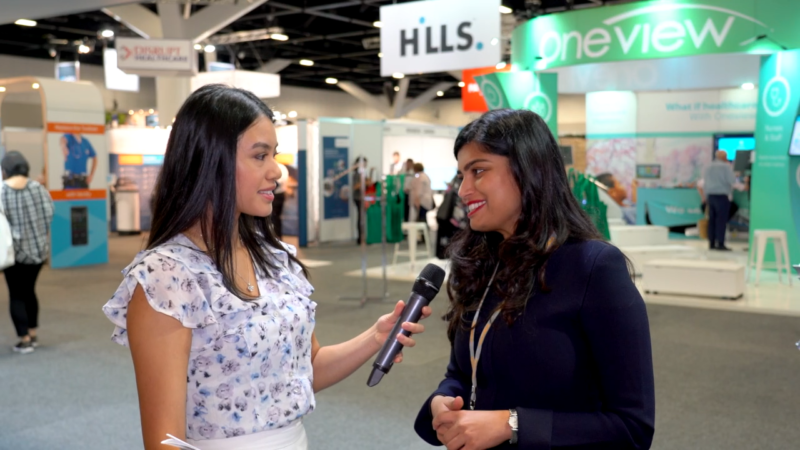People In Health Care
Dr Marina Berbic
Genetic Pathologist and Deputy Director of Genetics
Douglass Hanly Moir Pathology
Dr Marina Berbic is a genetic pathologist and the Deputy Director of Genetics at Douglass Hanly Moir Pathology – a laboratory based in Sydney and part of Sonic Healthcare. The genetics department at Douglass Hanly Moir offers a wider array of genetic tests across many domains, and the medical leadership model ensures the highest possible standard of care and commitment to patient safety.
Australian Health Journal spoke to Dr Berbic about her career and being a genetic pathologist. She started as a junior doctor in obstetrics and gynaecology after completing a medical degree, though never thought about specialising in pathology. The more she learned about genetic pathology, the more intrigued she became, realising that this specialty aligned with both her strengths and interests.
Dr Berbic has always been interested in science, technology, and innovation. She first studied for a Bachelor of Medical Science degree, followed by a Master’s in Reproductive Health and Human Genetics and then a PhD in Reproductive Medicine. Dr Berbic has long-standing academic interests, both from a research and teaching perspective. She continues to be involved in medical education at the University of New South Wales in her role as an Adjunct Senior Lecturer.
After completing her specialist training and attaining fellowship of the Royal College of Pathologists of Australasia, she commenced her role as a genetic pathologist at Douglass Hanly Moir and later became the Deputy Director of Genetics department. Her role involves providing clinical governance and medical leadership that governs all aspects of medical testing in genetics.
In this interview, Dr Berbic talks about the exciting area of genetic pathology impacting multiple areas of medicine including paediatrics, obstetrics and gynaecology, cardiology, neurology, oncology, and other fields.
The results of genetic testing have a potential impact on the patient’s diagnosis, the decisions that couples may take when they’re making reproductive decisions, and also have predictive implications. The testing results may influence therapy, selection, or patient management and may have far ranging impact on the individual as well as their family.
You Might also like
-
Dr Anjali Jaiprakash, Robobiologist from Queensland University of Technology
Dr Anjali Jaiprakash is a robobiologist working at the intersection of medicine, engineering and design, with a transdisciplinary approach to develop medical devices that translate robotic vision into affordable systems that can be used to improve healthcare outcomes. Anjali has experience in the fields of medical robotics, medical device, orthopaedics, trauma, bone and cartilage biology. She spoke with Anne Dao following her talk “The Robot Doctor Will See you Now” at Australian Healthcare Week 2019.
Post Views:
2,497 -
Adjunct Professor Alanna Geary talks Nursing Leadership
Adjunct Professor Alanna Geary FACN,
Chief Nursing & Midwifery Officer,
Metro North Hospital Hospital & Health Service, Queensland
talks Nursing Leadership -
Research finds many practitioners feel underprepared to navigate men’s distress
Movember’s Men in Mind expands nationally to equip mental health professionals with the tools to better connect with men before they reach crisis point. Research conducted by the Men’s Health Research team at Movember has found men account for three in every four suicide deaths in Australia, and more than 50% had sought help in the year before they died.



